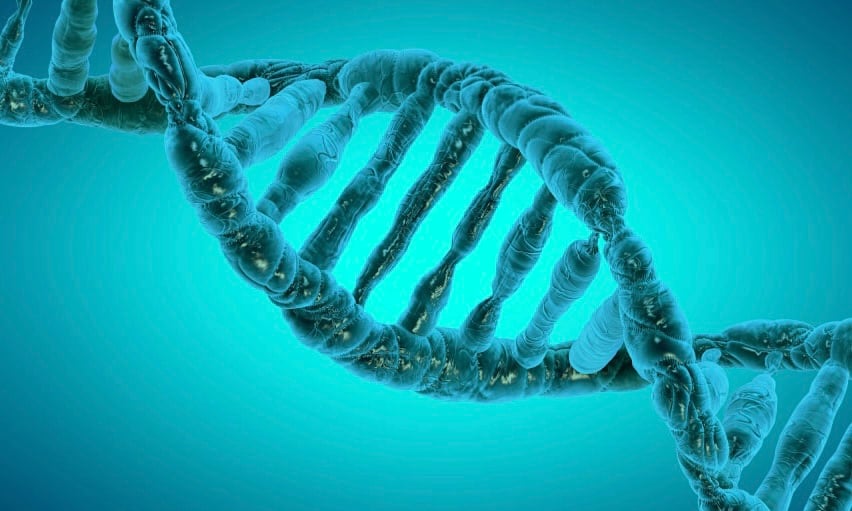Welcome to the 3rd Series of A 4 Part Series on Well-Being: A Re-Conceptualized Skill
As you read/listen to this 3rd Series titled Epigenetics, I want to remind you to think about the following 2 foundational questions throughout this 4-Part Series.
The first question is: Why is it that some people are more vulnerable to life's slings and arrows and others more resilient?
The second question is: How can we nurture this quality and promote more human flourishing to promote more resilience?
Let’s talk about Epigenetics.
Epigenetics means that your choices, whatever they are in terms of sleep, stress management, exercise, personal relationships, and emotions - these choices all change the activity of your genes. For example, if you have love, compassion, joy, or equanimity in your life, then the genes that cause self-regulation or homeostasis or what ordinary people call "healing", these genes go up in their activity. While the genes that cause inflammation go down.
So it turns out that this plasticity or neuroplasticity that we discussed in the 2nd Series is not only present in our brain, it is also present in our genes - the field of epigenetics.
Then, there is the science of how genes are regulated. And we know that we are all born with a fixed complement of base pairs that is our DNA and for the most part that will not change over the course of your lifetime. But what will change is the extent to which a gene is turned on or off.
You can think of genes having little volume controls that is very dynamically regulated. It turns out that our demeanor actually can influence our gene expression, in essence, our epigenetics.
The way a mother behaves toward her infant, the extent to which she expresses love and nurturance, can induce epigenetic changes in the infant which will persist for the entire life of the infant. It will also influence its brain wiring and its behavior.
It turns out from new research over the last few years that those changes can be passed down at least a couple of generations.
This is not fringe science. This is published in the very best scientific journals in the world. This is very powerful and suggests our quality of mind, the embodiment of virtue, is something that is cellular and will impact all of these different levels of our mind and our body.
Here's an analogy that might further help you to understand what epigenetics is.
Think of a human life span as long movie. The cells would be the actors and actresses - essential units that make up the movie. DNA in turn, would be the script - instructions for all the participants of the movie to perform their roles.
Subsequently, the DNA sequence would be the worlds on the script, and certain blocks of these words that instruct key actions or events to take place would be the genes.
The concept of the genetics would be like a screenwriting. Moreover, the concept of epigenetics then, would be like directing.
The script cam be the same, but the director can choose to eliminate or tweak certain scenes or dialogue, altering the movie for better or worse.
After all, Steven Spielberg's finished product would be drastically different than Woody Allen's for the same movie script, wouldn’t it?
Well, what's the takeaway? These two new practices, Neuroplasticity as we discussed in the 2nd Series & Epigenetics will cause a huge revolution in not only personal well-being, but hopefully also in the way we conduct our politics and our businesses. Wouldn't that be something?
In effect, the mind can change the brain to change the mind and genes. Doing this is really valuable because the inner strength that we all want inside ourselves such as happiness, positive emotion, productivity, creativity, feeling loved, confidence, and virtues, those are all built out of the brain.
So imagine that…a world of healing bodies, minds, & hearts.
STAY TUNED for more science-based evidence of the tremendous power of the mind-body experience.
As always, I look forward to your contribution in elevating this dialogue.


Comments ()